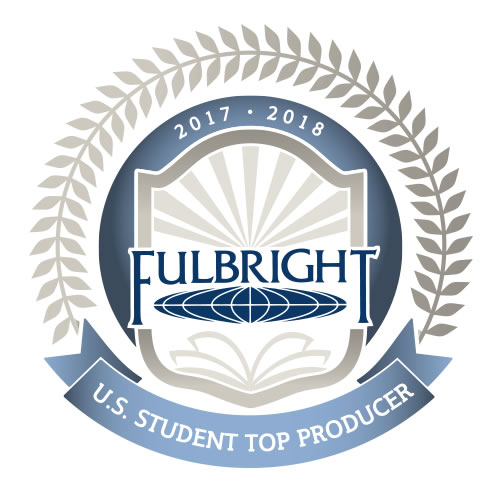UA Sends 39-Member Delegation to Annual Engagement Scholarship Consortium Conference
- October 19th, 2018
- in Engagement Scholarship Consortium
[envira-gallery id=”4536″]
By Diane Kennedy-Jackson
Publications Coordinator
Each year The University of Alabama (UA) sends a large delegation to the annual conference of the Engagement Scholarship Consortium (ESC). The 2018 conference was no exception. Held Oct. 2–3 in Minneapolis, Minnesota, with pre-conference activities on Sept. 30 and Oct. 1, the event was attended by more than 550 community engagement professionals from around the globe. Of the 39 delegates from UA, 29 made presentations.
Dr. Samory T. Pruitt, president of the board of ESC and vice president for Community Affairs at UA, expressed his appreciation for the learning opportunities provided at this annual conference. “We are very fortunate to have a substantial number of people — including students — involved in community-engaged scholarship,” he said. “I believe it is important for those participating in this type of work to have the opportunity to learn from and share their work with others, and so I support sending a large, active delegation to the ESC conference each year. The knowledge and ideas gained serve to exponentially expand the work being pursued here at UA in collaboration with community partners throughout the surrounding area.”
Tera “CeeCee” Johnson, graduate research assistant in the Center for Community-Based Partnerships, agreed, saying, “Being able to listen to so many engagement research presentations and talk to the people working on them was such a great learning experience. The diversity of topics made it easy to explore all of my interests. All students who attended, myself included, felt inspired and eager to work on our own research projects.”
The annual event also provides valuable opportunities for networking and the creation of new partnerships across multiple institutions. For example, in 2015, a member of the UA delegation presented on My Brother’s Keeper, an initiative created by then-President Barack Obama. While at the conference, he met others from two other universities who were also engaged in this initiative. The following year, the three researchers and a UA doctoral student co-presented on the next possible steps for the initiative as the Obama Administration prepared to leave office.
Presenters from the UA delegation included:
Other UA delegation attendees included:
- Katherine Rose Adams, assistant professor of higher education research and administration at the University of North Georgia and associate editor, book reviews, Journal of Community Engagement and Scholarship, who traveled as part of the UA delegation
- Katherine (Katie) Blake, undergraduate student assistant, Center for Community-Based Partnerships
- Lilanta Joy Bradley, post-doctoral fellow, Institute for Rural Health Research, College of Community Health Sciences
- Karyn Bowen, marketing coordinator, Division of Community Affairs
- Krystal Dozier, graduate research assistant and assistant to the editor, Journal of Community Engagement and Scholarship
- Diane Kennedy-Jackson, publications coordinator, Division of Community Affairs
- Truong Danh H. Nguyen, undergraduate student assistant, Center for Community-Based Partnerships;
- Whitney M. Sewell, program coordinator, Division of Community Affairs
A special extended Faculty Scholar Panel was convened during the 2018 ESC conference to explore engaged scholarship from the perspectives of higher education faculty. During this session, tenured community-engaged faculty from five institutions and disciplinary backgrounds described their journeys toward obtaining tenure and promotion, and provided examples of the kinds of support they believe are necessary for faculty to be successful. Bruna served as moderator, while UA’s Johnson served as one of five panelists. See the video at https://www.youtube.com/watch?v=G0WhgilAEZQ&feature=youtu.be
ESC is a non-profit educational organization comprised of 39 public and private higher education member institutions. The organization’s goal is to build strong university/community partnerships, anchored in the rigor of engaged scholarship, that emphasize collaboration and that are designed to help build community capacity. This is accomplished through community-based partnerships and programs implemented by member institutions and community organizations working together. Academic leaders and students from these member institutions meet annually to share their research and to discuss issues, information and theories regarding campus/community partnerships.
The institutions within the consortium are separated into five regions: East, North Central, South, West and International. The 2019 conference will be hosted in Denver, Colorado by the West region, which includes California State University – San Marcos, Colorado State University, Montana State University, Oklahoma State University, Oregon State University, Tarleton State University, Texas Tech University and the University of Texas – San Antonio.


